Concerns about TikTok were first raised in 2019, with then-president Donald Trump having expressed the intention to ban it in the United States. But it wasn’t until Mar. 13, 2024, that real, concrete steps were taken in that direction.
In 2019, two years after TikTok burst into our collective market of attention, the Committee on Foreign Investment in the United States (CFIUS), which reviews the country’s investments abroad, launched an investigation into TikTok’s parent company ByteDance and its direct association with China. ByteDance had tried to circumvent these concerns by basing its headquarters on US soil, which didn’t seem to hold off scrutiny for long. These concerns stem from the app’s suspected ability to send data on over a hundred million Americans directly to the Chinese government.
The potential beginning of the end of the social platform (arguably) kicked off when the House of Representatives passed a bill in March 2024, giving TikTok and ByteDance an ultimatum: either sell to a U.S. company (or a company owned by a nation that is not an adversary) or face – what is pretty much, but not outright – a ban in the country.
Before it reached the Senate
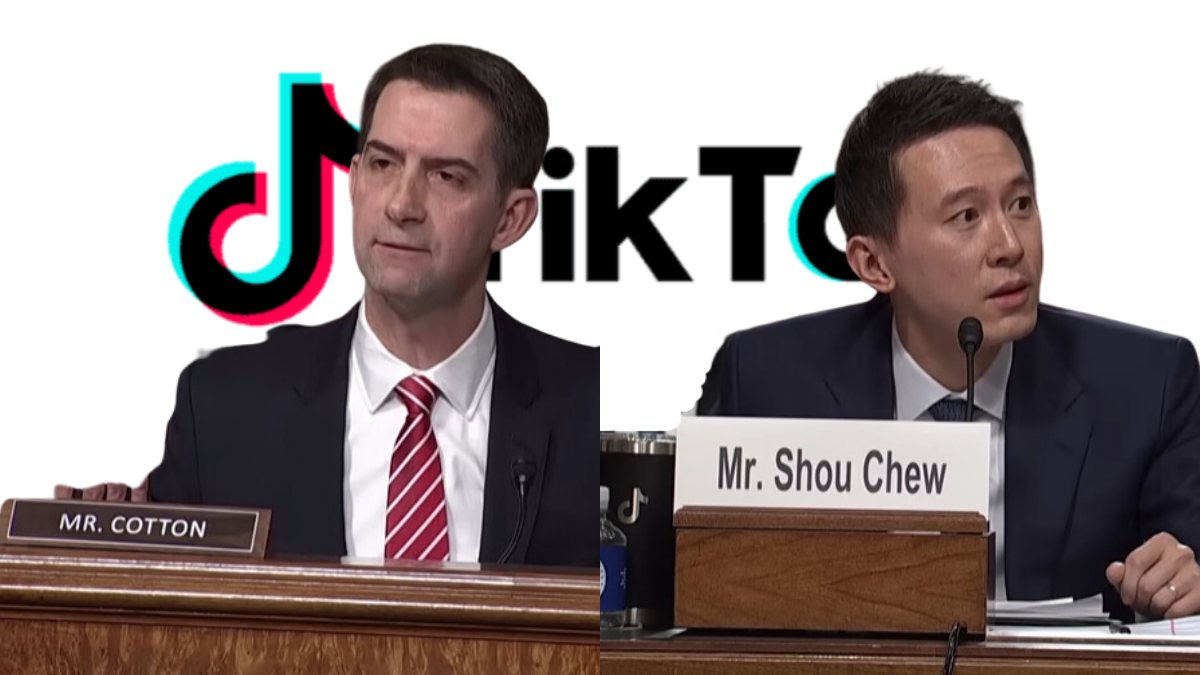
During a congressional hearing in February, TikTok’s CEO Shou Zi Chew – a Singaporean, not a Chinese national, something some lawmakers had a hard time wrapping their heads around – said the company has plans to maintain all US user data on servers managed by the Oracle Corporation, one of the largest software companies in the entire world.
The CEO replied “Not yet” when questioned about applying for US citizenship which means he has some intention to do so – as his wife and children are US citizens. Chew has also been vocal about his dismay with the vote taken by the House, having defended since the start that TikTok users’ security has always come first and that user data has not been stored in China but in his native country of Singapore.
A total of 65 representatives, including politicians as unlike and opposed as Representative Alexandria Ocasio-Cortez and Marjorie Taylor Greene, voted against the bill, whereas an overwhelming 352 voted in favor of it. The bill called Protecting Americans from Foreign Adversary Controlled Applications Act, which tries to massively curb the app’s influence and ability to collect data, then moved to the upper house, the Senate.
The bill was passed and it landed on Biden’s desk the next day

On this Tuesday, 79 senators voted for it with 18 voting against it. The bill was expeditiously handed out to President Biden’s desk, who signed it Wednesday, April 24. In his statement, the President referred to and emphasized the need to lend monetary aid to foreign allies, which was simultaneously approved in the recent bill, while not offering his thoughts on the TikTok ban (per WIRED). In response, and on the same day, TikTok CEO posted a two-minute response on the platform.
The bill’s authors have argued that it does not constitute a ban per se, but, if put into effect, app stores like Google’s or Apple’s would be legally barred from supporting TikTok on their platforms. TikTok has rejected the notion that it isn’t a total ban, and has actively taken steps to mobilize its users to help prevent the bill from taking place, a significant number of whom, including many Gen Zers, have called their states’ Representatives to voice their distaste for the bill.
TikTok was given up to a year to either sell or face the bill’s restrictions, with the current deadline – which could be expanded – falling on January 2025, unless President Biden decides to extend it by 90 days before leaving office. China has previously stated it does not look favorably upon a sale. ByteDance, estimated to be worth around $300 billion, is fighting the bill in court, having sued the U.S. Government in May. The company is resting its defense largely on the First Amendment and the right to free speech and expression, and arguing that the government does not have sufficient national security reasons to excuse the ban’s enactment.
What will happen to TikTok now that Trump was reelected?
As has happened with other issues, President-elect Donald Trump has flip-flopped in his intentions – at least, the intentions he claims he has – towards the social media app. While in office, he tried to take executive action against TikTok, but during his 2024 campaign, he expressed concern over the way the ban could increase the power of other social media companies like Meta, also adding that, if people wanted to save TikTok, they ought to vote for him – not to mention that, true to his humongous ego, the then-nominee seemed pretty taken by the fact that, after joining as an active user, he became a bit of a “star” on the platform.
In a hearing at the D.C. Court of Appeals in September, a three-judge panel heard TikTok’s lawyer Andrew Pincus’ arguments about the company’s defense that the ban is unconstitutional. The judges are expected to rule on the matter by December. If they decide that ByteDance is right, and the law does not abide by constitutional parameters, it will be made void and many deem it unlikely to be appealed under the upcoming Trump administration. However, if the courts rule in Congress’ favor, Trump alone, even as president, will not have the absolute power to overturn the ban.

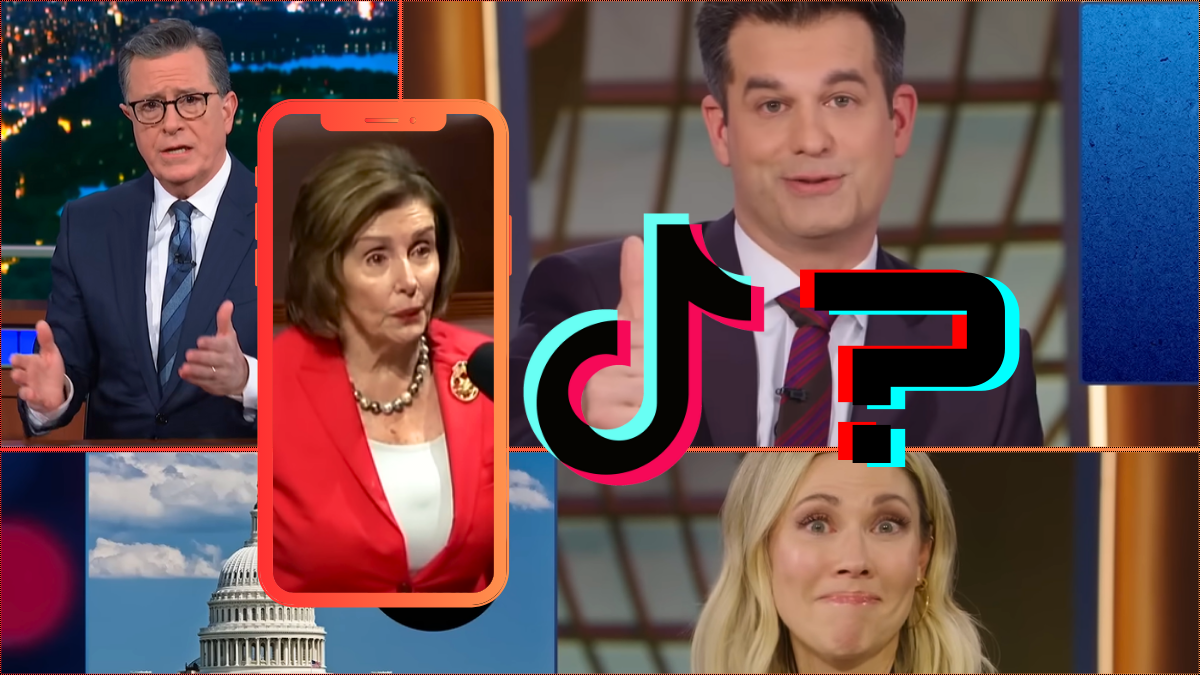


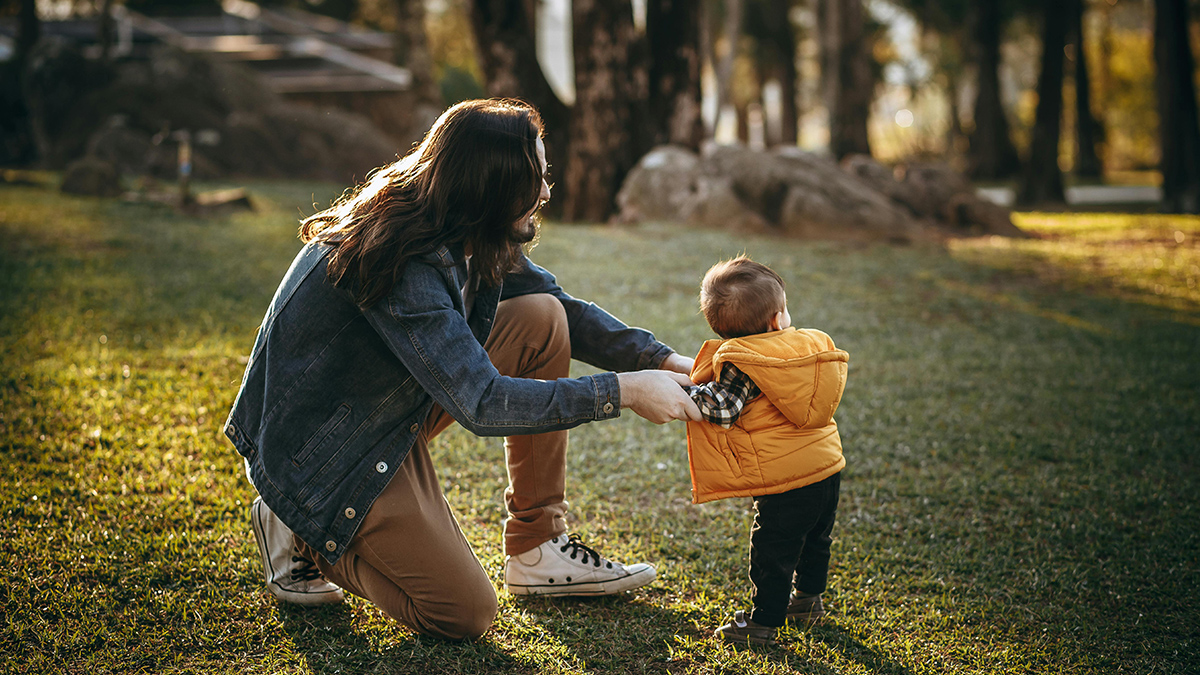
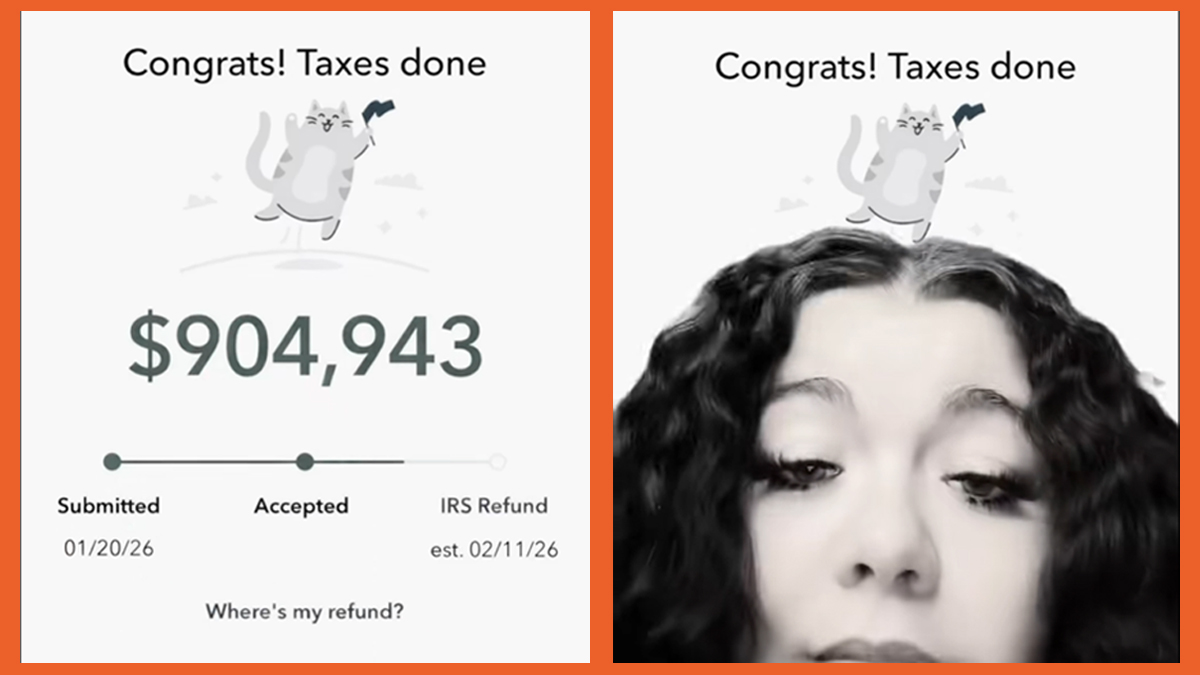

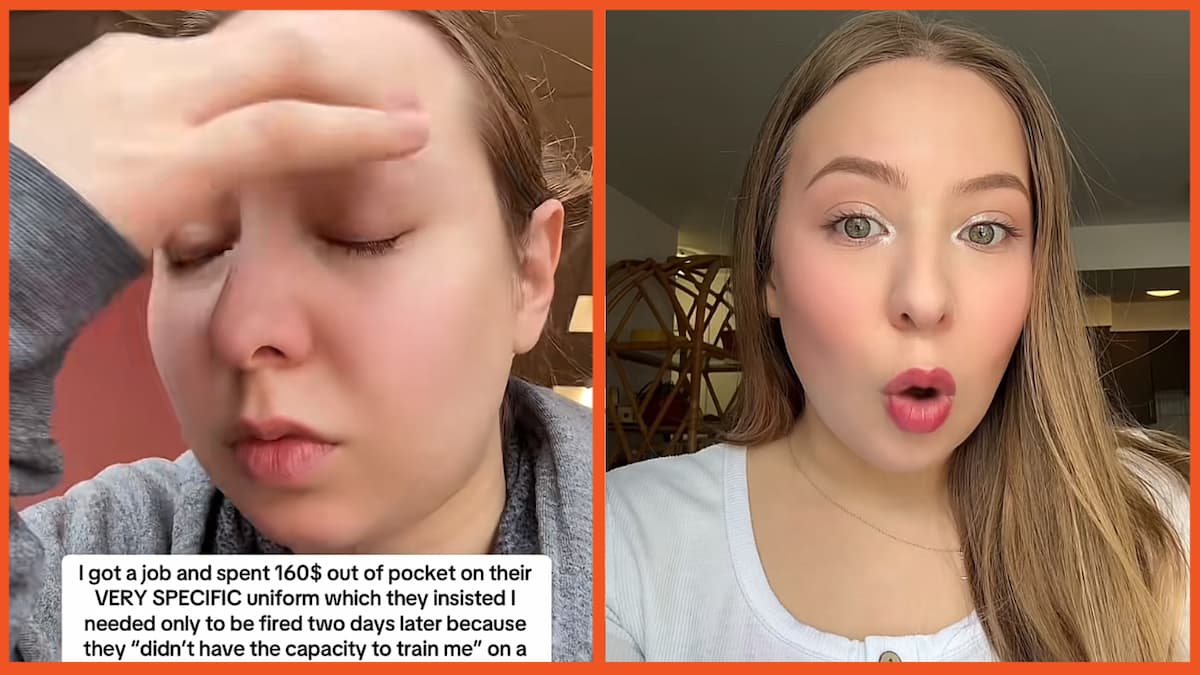
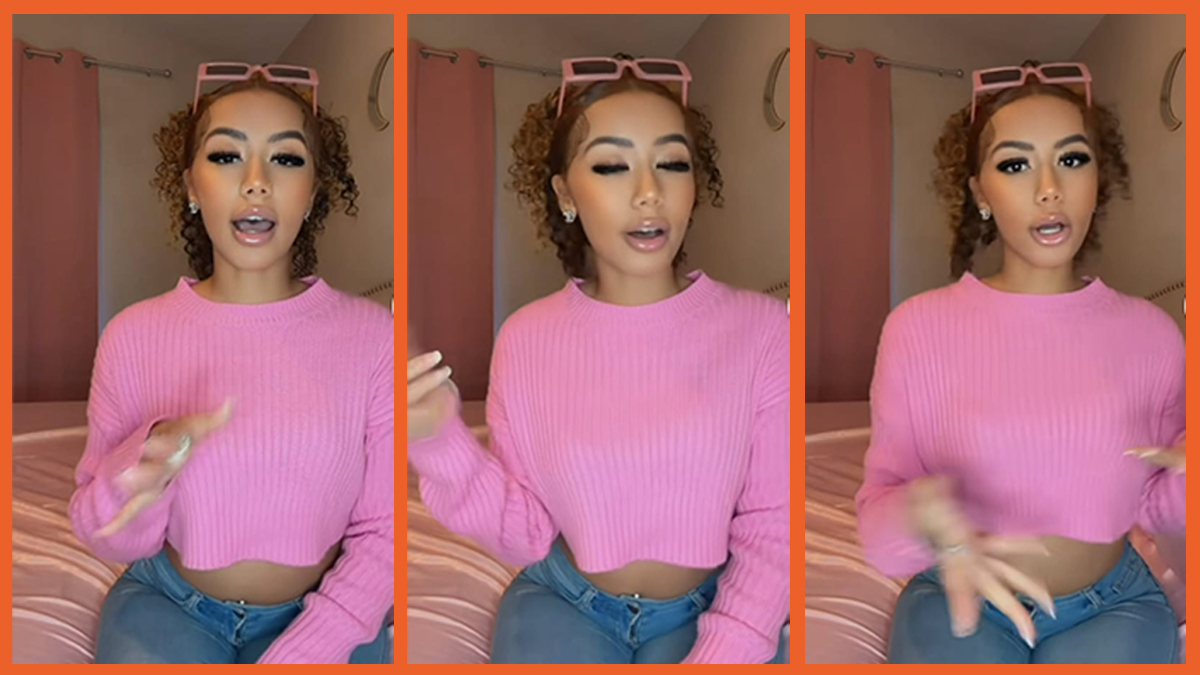


Published: Nov 22, 2024 07:28 am